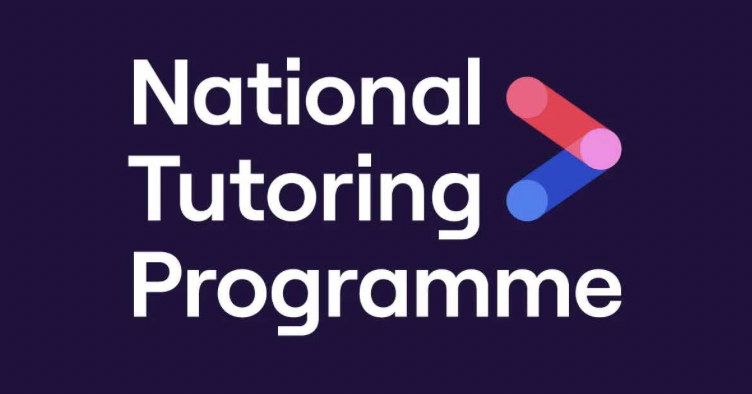Why Mental Wellness and Success at School Go Hand in Hand

Children today face increasing pressures in the school environment, both socially and cognitively. Children and young people place enormous pressures on themselves, in addition to pressures placed on them by parents and educators around the need to perform in exams and achieve test results at a certain level. These increasing pressures associated with education can impact greatly on a child’s emotions which in turn, inhibits their ability to learn. With increased pressure comes stress, panic, and anxieties that can be all-consuming for some individuals, preventing focus and attention being placed where it is most needed. With mental wellness comes a greater ability to focus, engage, and store information in memory, the brain simply works more efficiently when mentally well.
Our emotions play a significant role in childhood and through our teenage years, directly impacting our ability to learn. Mental wellness and emotional wellbeing in children and young people should therefore be a much greater priority and place of focus for anyone working with children. Our emotions affect our memory and our attention, the things we need most to enable us to learn. If something makes us bored, sad or uninspired, our attention fades and when it does, it becomes extremely challenging for our memory to work effectively. If content is exciting us, making us feel happy and eager to know more, it grasps our full attention and feels relevant. The new knowledge is formed during that time is processed and stored deep in memory. How children feel whilst learning, or how the topic, content or task makes them feel, gives meaning to what is being learned. It forms connections with the individual which, if positive, gives purpose and can make children feel passionate about what they are learning. Emotions are the driving force for everything we do, they are incredibly important and should be taken care of. At times when we are overwhelmed by negative emotions, we cannot be mentally well. Negative emotions consume our thoughts and make us unable to focus or concentrate for even short periods of time. Children are still learning how to manage and process these emotions and so they face a much greater challenge in trying to overcome them.
It is our role and responsibility as adults to support and nurture the mental wellbeing of children and young people, particularly when it comes to education. If we want to give them the best possible opportunities to succeed in education we must first address their mental wellbeing and equip them with the skills needed to achieve mental wellness. It is only then that they will be able to cope with and manage the increasing pressures they face around exams in a way that allows them to achieve results to the best of their ability. It is important to remember though that mental wellness is not something that can be controlled. It can vary significantly and be greatly influenced by external factors and unexpected events. It is during these times that we must focus more on equipping children with even more skills than before, so that they can be confident in their ability to face any mental health challenges that may arise and avoid becoming disengaged with their education pathway.
More articles
Go to the blog



















